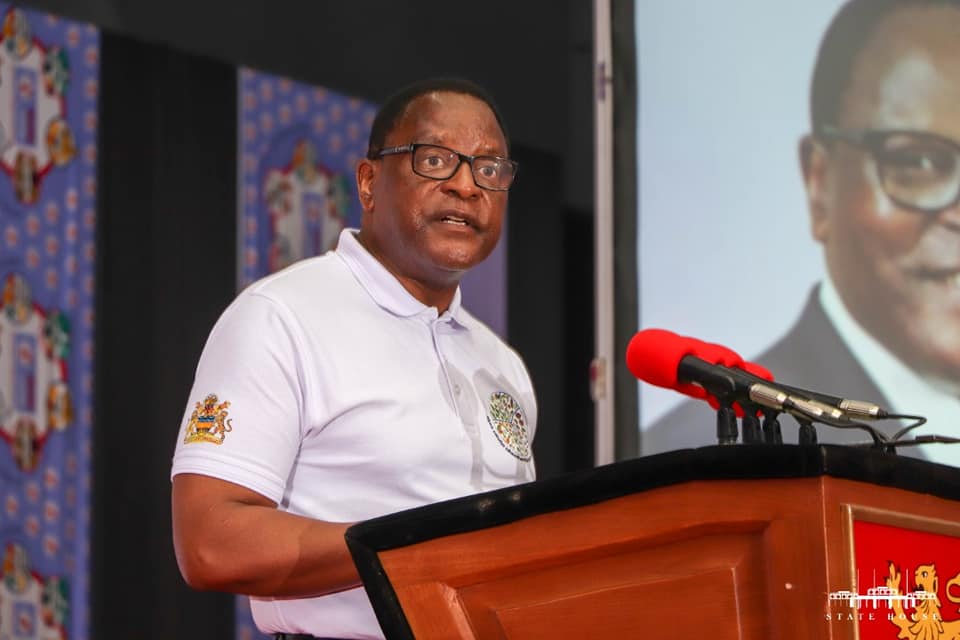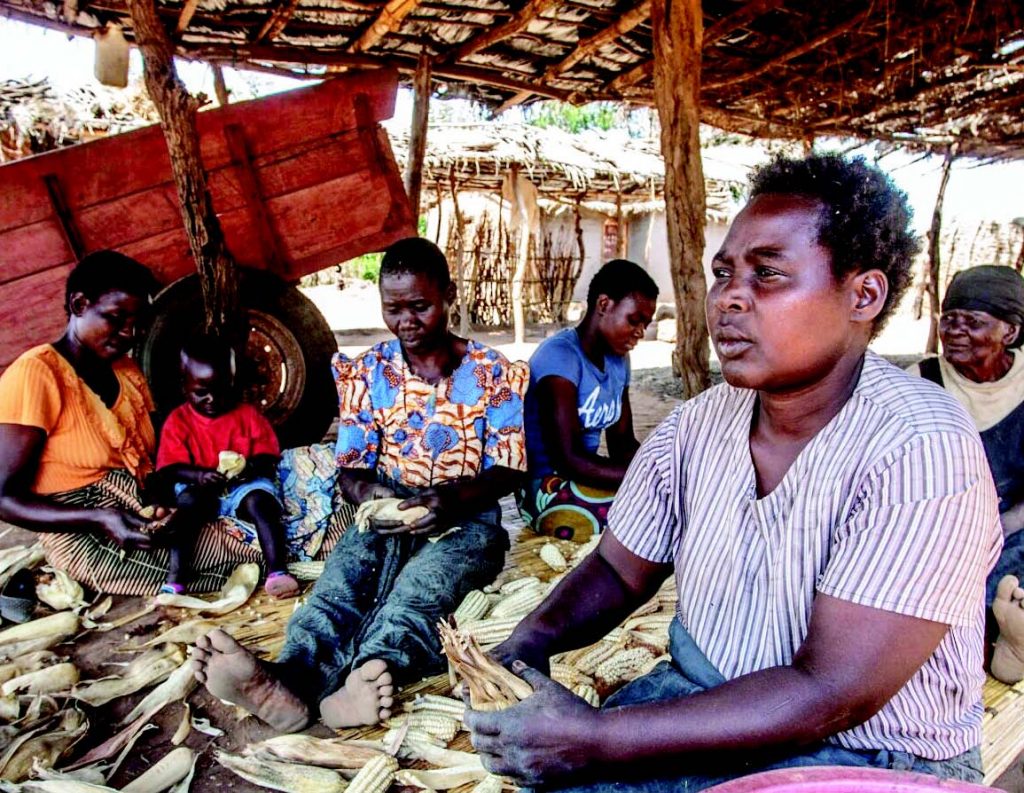Politicking with Nsima
Nsima is almost everything to Malawians.
Aida Mwene, from Dyeratu Trading Centre in Chikwawa, tells The Nation, “when you are in Malawi, nsima is food and food is nsima”.
Such is the importance of the thick porridge-like meal made from maize flour that cobs constitute the symbol of the country’s largest opposition party, the Democratic Progressive Party (DPP).

Even the current governing Tonse Alliance, with its proposed litany of austerities to put the fragile economy back on track, has vowed to sustain a farm input subsidy largely tailored to boost maize yield. So pivotal is the role of nsima in Malawi that the Affordable Inputs Programme (AIP), described as unsustainable by the World Bank, that the govermment offers cheap fertiliser for cereals to cassava-growing communites.
Shortly after Parliament allocated K141.9 billion for the subsidy to 2.7 million farming households, President Lazarus Chakwera put his foot down on spending an extra K70 billion so that it could benefit 3.7 million.
State House director of communications Sean Kampondeni bared Chakwera’s standpoint amid rising concerns from experts that the programme was eating into the country’s agricultural spending at the expense of investments in agriculture commercialisation.

Now, the President wants Malawians to cut back on nsima, a lunchtime and dinnertime meal derived from the crop that enjoys the multi-billion subsidy, to end malnutrition.
According to the Malawi Demographic and Health Survey of 2015, almost one in three Malawian children aged below five have stunted growth, a condition associated with severe acute malnutrition.
A United Nations global report on nutrition says malnutrition is to blame for nearly a quarter of child deaths. To combat the problem, the UN and Chakwera launched a campaign Thursday to promote child nutrition and health.
The theme for the Scaling Up Nutrition 3.0 Campaign is “Unite to end all forms of malnutrition for sustainable human well-being and economic development.”
Launching the campaign, Chakwera said Malawi’s high malnutrition rate is largely because most of its citizens are overly dependent on nsima as the only food, a call for diversified diets and a departure from mono-cropping.
Nsima is often eaten with fish, meat and vegetables.
“The painful truth is that those among us, who say, ‘we haven’t really eaten until we have eaten nsima,’ need to rethink our beliefs about nutrition and take seriously the science of how too much nsima consumption affects our bodies,” he said.
Chakwera said the campaign provides an opportunity for Malawians to re-engineer their society toward a more diversified diet.
He said: “As a special challenge, I am calling on all of you to replace 10 percent of your Nsima consumption every year with other and more nutritious food.
“That kind of discipline and commitment will take all of us to make malnutrition history in our country.”
Nutritionists tout the gradual shift from predominantly maize-based meals as good for all as more nutritious foods will have space at the table.
The desired switch to more nutritious foods is deemed one of the low-cost and effective ways of addressing stunting and malnutrition in the country.
Dr Alexander Kalimbira , an associate professor in nutrition at Lilongwe University of Agriculture and Natural Resources, said besides the effect on a person’s health, the malnutrition also has resulted in low productivity in Malawi.
“Do we have evidence? And the answer is yes, we do have evidence,” he said. “Back in 2012, a study done in Africa; Cost of Hunger in Africa, what shows in the report is that the country, in one year alone, in 2012, lost $597 million. This represented at that time 10.3 percent of our gross domestic product. These are the consequences of malnutrition.”
Chakwera said his government, however, is making efforts to address the problem.
He said this includes the allocation of budgets of local councils, placing malnutrition officers across the country, and providing specialised malnutrition services to all Malawians.
However, he faces a formidable challenge to change the eating habits of the population of 18.4 million, which eats maize-based meals twice or three times a day.
UN assistant secretary-general Gerda Verburg, the coordinator for the Scaling Up Nutrition 3.0 Movement, hailed Malawi for steps it is taking to end malnutrition.
Verburg asked Chakwera, who also is the chairperson of the Southern Africa Community Development (Sadc) to take the campaign beyond Malawi. The maize meal is also a staple in Zambia, Zimbabwe and Mozambique.
“Please bring these inspirational messages and this strategy also to all Sadc countries because Malawi is really a frontrunner in the strong commitment and understanding that nutrition is the engine for change and for development,” she said.
The Malawi Vulnerability Assessment Committee estimates about 1.5 million Malawians, about eight percent of the population are currently food insecure. This represents that a 43 percent lower than the 2.6 million the committee projected last year.





